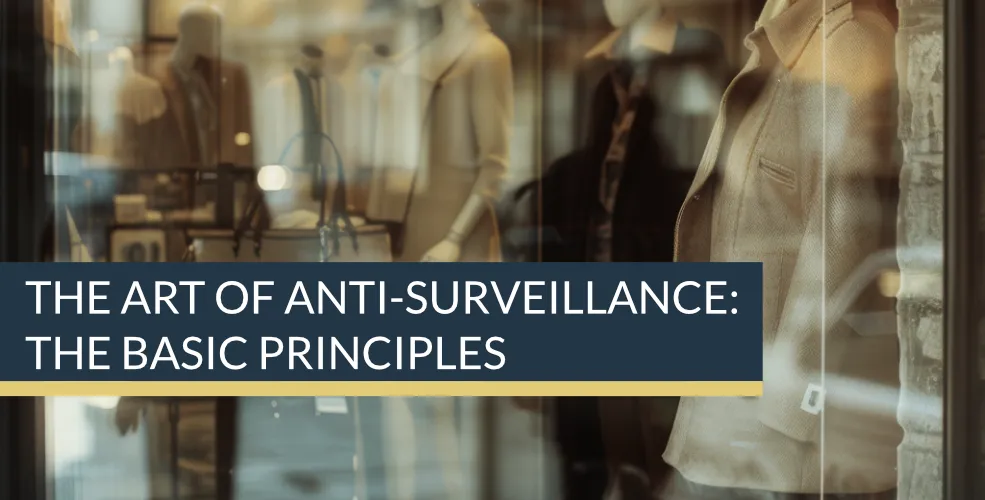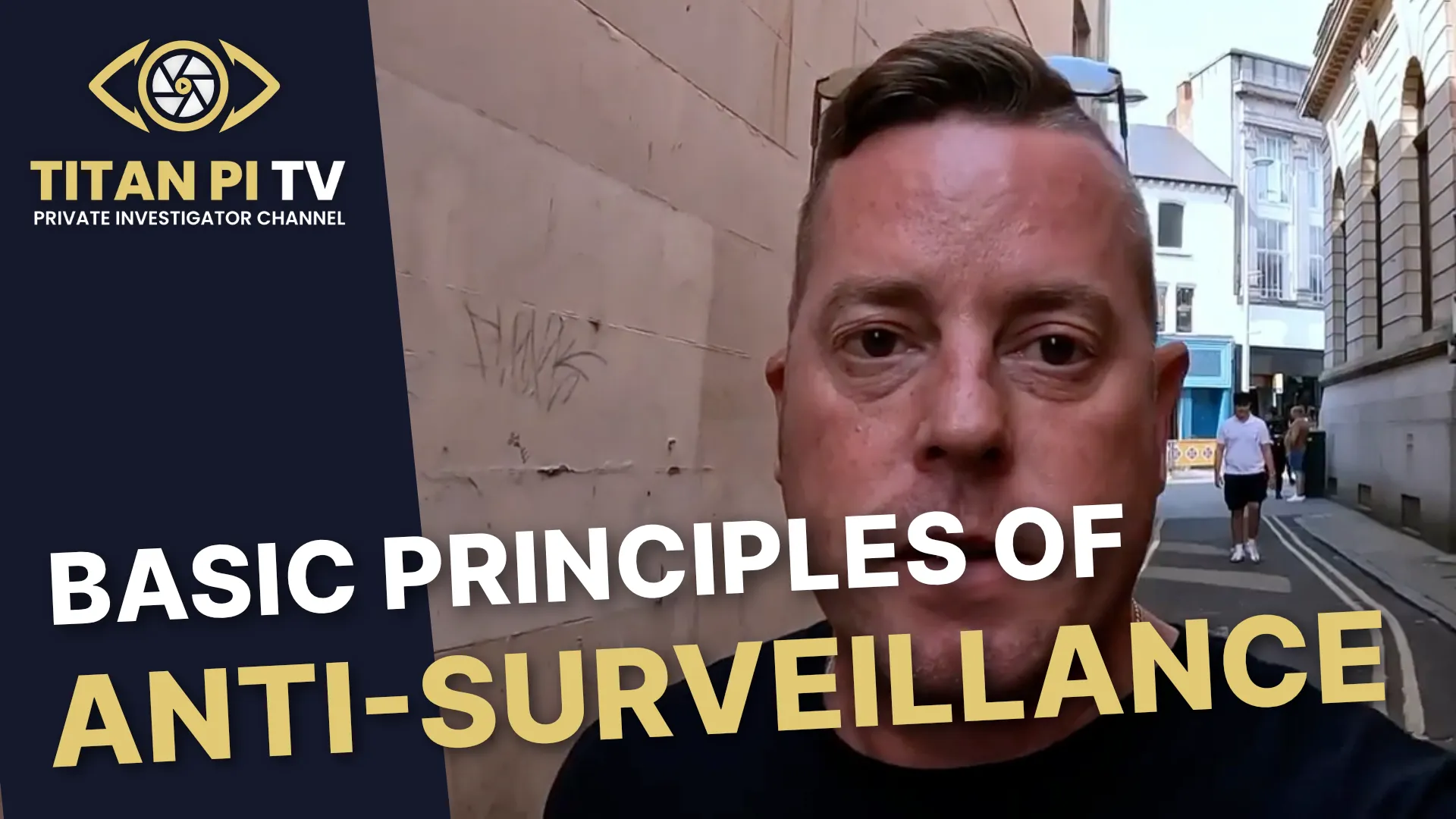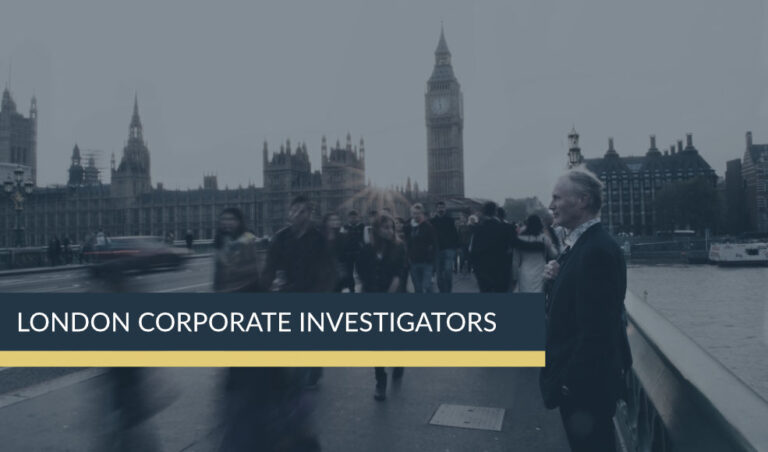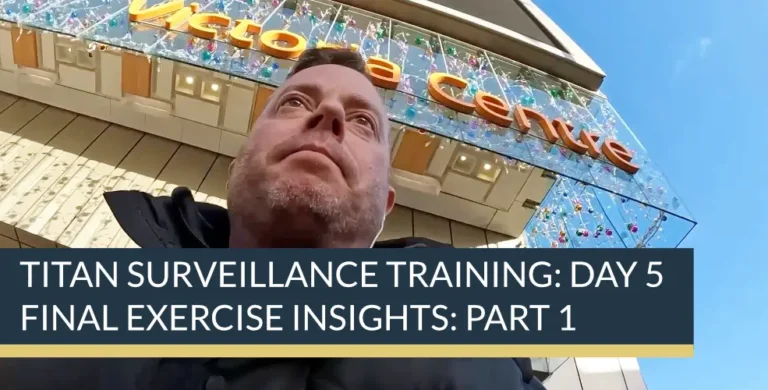The Art of Anti-Surveillance: the basic principles
Basic principles of Anti-Surveillance
In the complex art of surveillance and counter-surveillance, the ability to detect and evade being watched is a skill that holds significant value. Whether it’s for personal security, corporate surveillance, or protecting sensitive information, mastering the art of anti-surveillance can mean the difference between maintaining privacy and being exposed. This article delves into the core principles and techniques of anti-surveillance, as outlined by Simon Henson, Managing Director of Titan Private Investigation Limited, in a recent episode of Titan Pi TV.
Understanding Anti-Surveillance
Anti-Surveillance involves the tactics and strategies employed to detect and evade surveillance, whether it’s carried out by professional operatives or individuals with ill intent. It is a crucial aspect of personal security, particularly in situations where an individual or entity is a target for observation. The key to effective anti-surveillance lies in the ability to recognise the signs of being followed and taking appropriate action to either confirm the suspicion or evade the surveillance without alerting the observers.
Overt vs. Covert Anti-Surveillance
One of the fundamental decisions in anti-surveillance is whether to respond overtly or covertly to the suspicion of being followed. An overt response is one where the target of surveillance makes it clear that they are aware of the surveillance. This can be done through actions like abruptly changing direction, stopping suddenly, or even confronting the suspected surveillance team. While this approach may scare off amateur operatives or prompt a professional team to stand down temporarily, it also alerts the surveillance team to the fact that they have been detected, leading them to adjust their tactics for future attempts.
On the other hand, a covert response involves taking subtle actions that allow the target to gather information on the surveillance team without revealing that they are aware of being watched. This approach is generally more effective in the long run, as it enables the target to collect valuable intelligence on the observers – such as their appearance, numbers, and tactics—while continuing to go about their business as if unaware.
Techniques for Detecting Surveillance
Detecting surveillance is the first step in anti-surveillance, and there are several techniques that can be employed to do so effectively:
1. Maintaining Routine: One of the simplest ways to detect surveillance is to maintain a consistent routine. By sticking to familiar patterns, it becomes easier to notice any anomalies, such as a person or vehicle that appears repeatedly in different locations.
2. Using Choke Points: A choke point is a location that forces anyone following to reveal themselves. This could be a narrow alleyway, a dead-end street, or any area with limited exit routes. By deliberately passing through such areas and observing who follows, it becomes possible to identify potential surveillance operatives.
3. Window Reflections: Another subtle method is to use reflections in shop windows or mirrors to observe behind without turning around. This allows the target to discreetly monitor their surroundings and spot any persistent followers.
4. Sudden Stops: Making an unexpected stop can be an effective way to gauge whether someone is following. If the person or vehicle behind also stops or acts suspiciously, it can be a strong indicator of surveillance.
5. Counter-Surveillance Teams: For high-stakes situations, employing a counter-surveillance team can be an effective measure. These teams operate by monitoring the target from a distance, identifying and following any potential surveillance operatives. This creates an additional layer of security and makes it more difficult for the surveillance team to remain undetected.
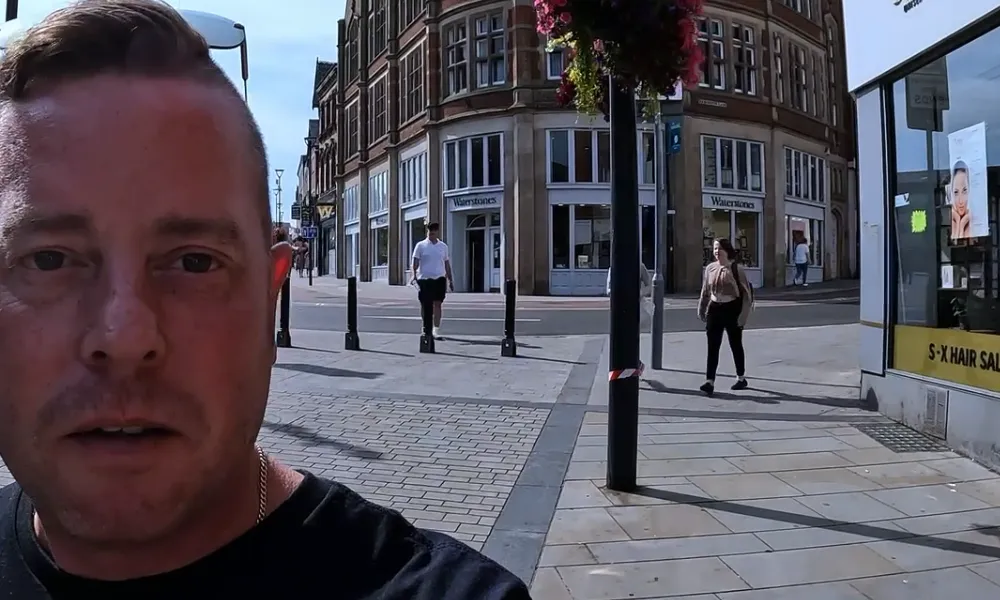
The Importance of Covert Anti-Surveillance
While overt anti-surveillance can be effective in the short term, covert methods are generally preferred for long-term security. By not alerting the surveillance team, the target can continue to gather information about their observers, which can be crucial for identifying who is behind the surveillance and what their intentions might be. Covert anti-surveillance allows the target to remain in control of the situation, rather than reacting out of fear or suspicion.
A key aspect of covert anti-surveillance is the ability to think several steps ahead. For example, if a surveillance team is detected, the target can subtly alter their routine in ways that make it more difficult for the team to continue their operations without being detected again. This might involve changing the time or route of daily activities, mixing in random elements to the routine, or even setting up false leads to confuse the surveillance team.
Practical Applications of Anti-Surveillance
The principles of anti-surveillance are applicable in a wide range of scenarios, from personal security to corporate environments. For individuals who are concerned about their privacy or suspect they might be targets for surveillance, understanding and employing these techniques can provide peace of mind and enhance personal safety. For companies and organizations, anti-surveillance measures are a crucial component of protecting sensitive information and maintaining operational security.
In a corporate context, anti-surveillance can be used to protect against industrial espionage, where competitors might employ surveillance to gather intelligence on business operations, trade secrets, or upcoming projects. By training employees in basic anti-surveillance techniques and employing professional counter-surveillance teams when necessary, companies can safeguard their assets and prevent valuable information from falling into the wrong hands.
Ethical Considerations of Anti-Surveillance
While anti-surveillance is a powerful tool for protecting privacy and security, it is important to consider the ethical implications of its use. Just as surveillance can be used for both legitimate and illegitimate purposes, anti-surveillance can be employed by individuals or entities with malicious intent. Therefore, it is crucial that the use of anti-surveillance techniques is guided by ethical considerations and respect for the law.
For private investigators and security professionals, this means ensuring that anti-surveillance measures are used in a manner that respects the rights and privacy of others, and that they are not employed to obstruct legitimate investigations or evade justice. For individuals, it means using these techniques responsibly, to protect oneself or one’s business, rather than to engage in unlawful activities.
Why understanding the basics of Anti-Surveillance is crucial
Anti-surveillance is an essential skill in the modern world, where the line between privacy and exposure is often razor-thin. By understanding the principles of anti-surveillance and employing the appropriate techniques, individuals and organizations can protect themselves from unwanted observation and maintain control over their privacy. Whether through overt or covert measures, the key to effective anti-surveillance lies in the ability to detect, evade, and outsmart those who seek to monitor one’s movements or activities. As technology and surveillance methods continue to evolve, so too must our approaches to countering them, ensuring that our privacy and security remain intact in an increasingly monitored world.
Anti-Surveillance Basics, find out more
For further advice and information in regard to Anti-Surveillacne and Titan’s surveillance training courses, then please feel free to speak to one of our professional team at one of the offices nearest to you.
London Anti-Surveillance Training – Call the Titan Investigations London Office 020 39046622
Birmingham Anti-Surveillance Training – Call the Titan Investigations Birmingham Office 0121 7162442
Cambridge Anti-Surveillance Training – Call the Titan Investigations Cambridge Office 01223 662022
Derby Anti-Surveillance Training – Call the Titan Investigations Derby (Head Office) 01332 504256
Leeds Anti-Surveillance Training – Call the Titan Investigations Leeds Office 0113 4574066
Leicester Anti-Surveillance Training – Call the Titan Investigations Leicester Office 0116 2436520
Nottingham Anti-Surveillance Training – Call the Titan Investigations Nottingham Office 0115 9646950
Manchester Anti-Surveillance Training – Call the Titan Investigations Office 0161 3023008
Sheffield Anti-Surveillance Training – Call the Titan Investigations Sheffield Office 0114 3499400
Truro Anti-Surveillance Training – Call the Titan Investigations Truro Office 01872 888706
Alternatively, you can contact us directly using our fully confidential contact form at enquiries@titaninvestigations.co.uk or chat directly using our Live Chat facility and one of our surveillance training course team will get right back to you.

